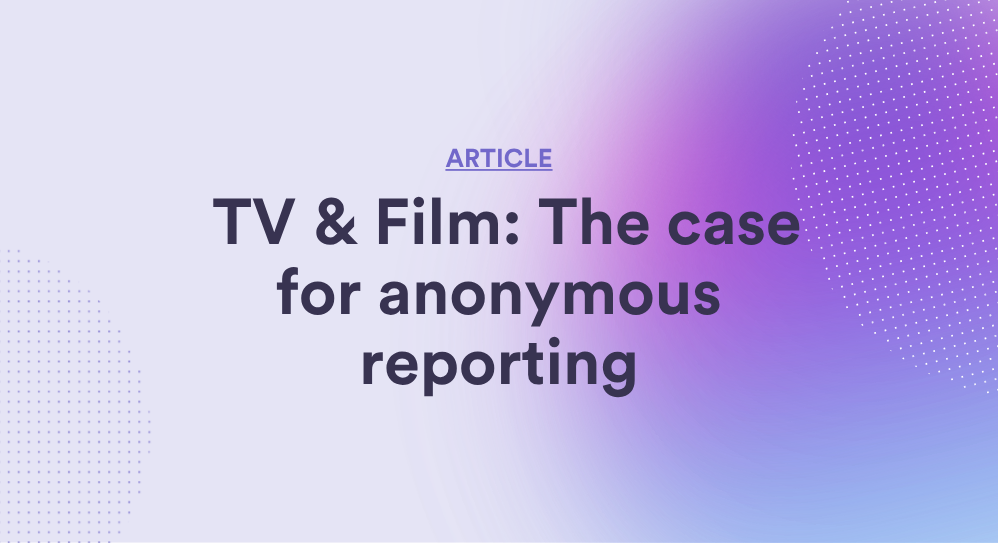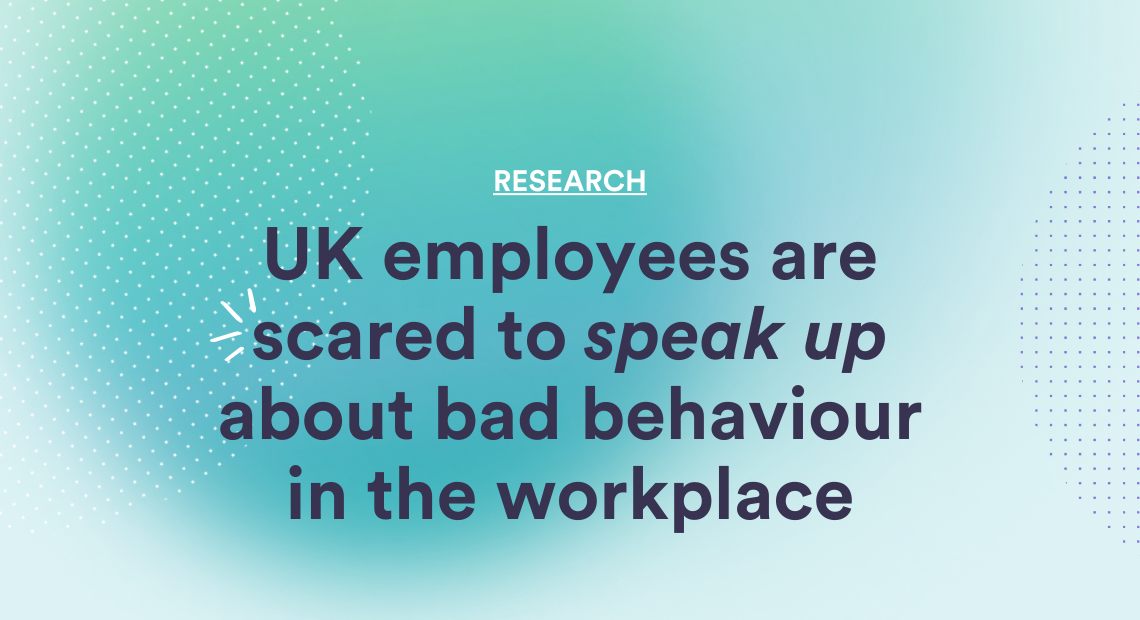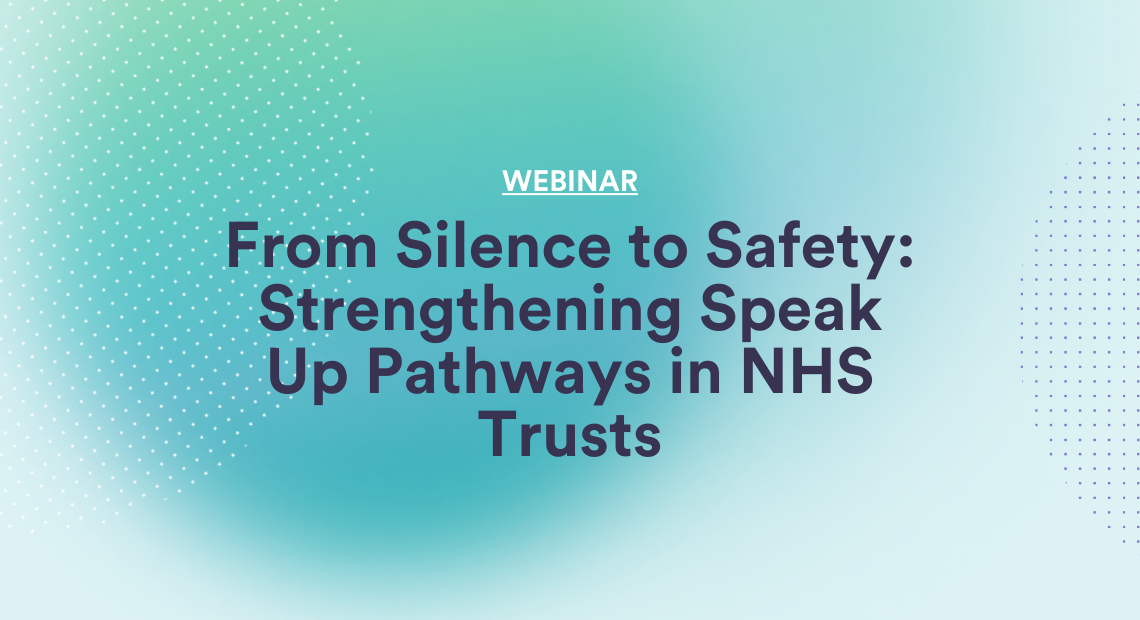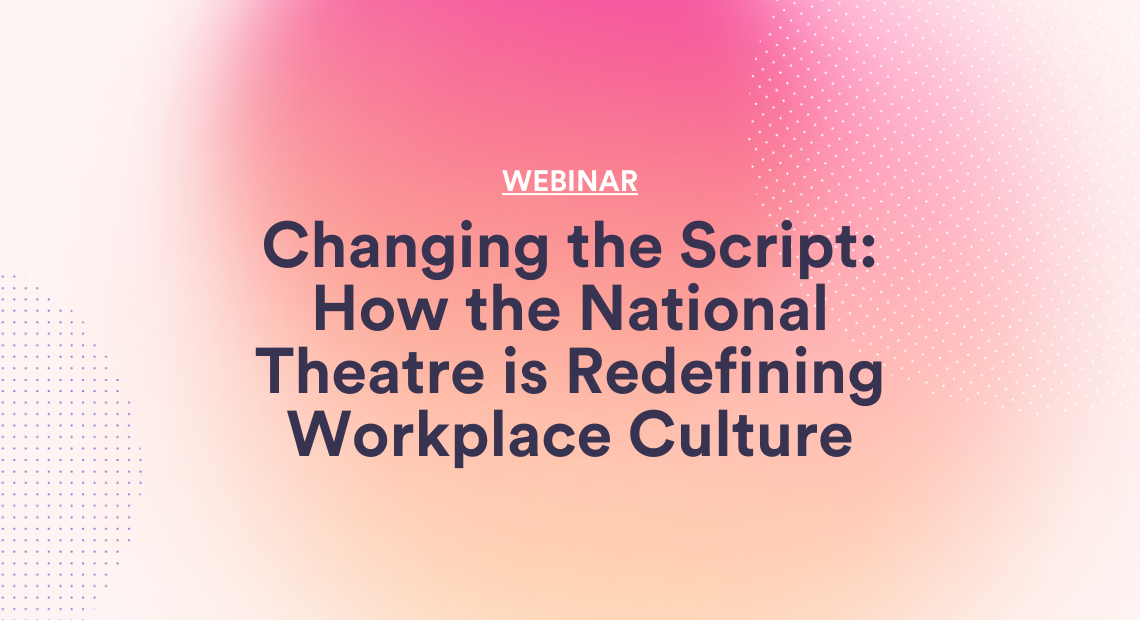MasterChef TV presenters Gregg Wallace and John Torode are the latest celebrities to be involved in high-profile sexual harassment and harassment cases at the BBC, revealing deep cultural failings and systemic issues, not just within the BBC but industry wide.
From Jimmy Savile’s decades-long abuse, committing over 200 offences while at the BBC, to film producer, Harvey Weinstein’s systemic exploitation in Hollywood, these are not isolated incidents, reflecting a persistent culture of silence, power imbalances and an overall lack of accountability.
Progress, but not enough
The latest independent review into culture commissioned by the BBC found that whilst the broadcaster did not have a universally negative culture, there were a minority of staff whose behaviour is unacceptable, with Chair Samir Shah saying, “there are still places where powerful individuals – on and off-screen – can abuse that power to make life for their colleagues unbearable.”
Following the report, the BBC is said to be actioning widespread changes including taking a ‘zero-tolerance’ stance on bad behaviour, a refreshed code of conduct, guidance for on-air presenters and updated employment and freelancer terms.
However, in our experience these changes alone will not be enough to transform culture in the BBC or wider industry, more needs to be done to hold organisations in the industry accountable and the voices of staff heard to improve industry standards.
Why harassment and sexual harassment remains widespread in the TV & Film industry
Abuse of power
The industry has a long-standing history of tolerating and even normalising toxic behaviour from powerful, prominent individuals and senior creative leaders. Industry leaders have historically ‘looked the other way’ when behaviour has been inappropriate and unprofessional due to the status of the celebrity in question, to avoid upsetting talent and jeopardising the production. As demonstrated by some of the high-profile cases in the news, this abuse of power can last for extended periods of time, with high powered individuals persistently behaving inappropriately and having their behaviour excused.
Careers are often built on reputation and relationships and in a deeply hierarchical sector, with powerful individuals at the top wielding unchecked power over who is cast and hired, this dynamic creates an environment with little accountability.
A vulnerable, freelance workforce
More than half of all workers (54%) in the TV and Film industry are freelancers or temporary workers on fixed term contracts, hired to work on projects. This precarious employment model discourages people from speaking up or reporting misconduct. There’s a hesitancy to expose celebrities or other powerful individuals when speaking up could lead to being replaced or have long term consequences for their careers, creating a culture of silence and fear.
Under reporting from staff
The TV & Film industry operates on a non-traditional employment model, meaning that there is often a lack of HR presence, structure and processes in place. Freelancers and other staff often do not know who to report wrongdoing to and staff can feel that there is no safe route to reporting. With no guarantees of confidentiality and no safe to speak up, many choose to stay quiet.
Lack of oversight and accountability through the chain of production
Broadcasters and streamers commission content but don’t typically employ production crew or have any responsibility for the people working on each project.
Instead, production companies are responsible for hiring crew and cast but due to the transient workforce, lack internal infrastructure like HR Managers, clear behavioural policies, processes and people to handle complaints.
With so many layers between commissioning bodies, production companies and crew, there is no single entity who is fully accountable for the culture on set. Many line producers and production managers have little to no training on how to identify or address misconduct.
Mishandling of investigations, complaints not addressed adequately
The Dame Janet Smith report which investigates the BBC’s culture and practices during the Jimmy Savile and Stuart Hall years repeatedly found that ‘stars were more valuable than the values of the BBC’ which led to a tolerance of behaviour from management who only chose to act on reports if negative press pushed their hand.
When reports or complaints were made, they were not treated with a proper degree of concern and did not end in a full investigation – those who did report were viewed as a ‘nuisance’.
Dame Janet Smith’s report touches on the culture of fear still existing today in the BBC, particularly due to the highly competitive nature of obtaining work and the insecurity of working as contractors.
Even in recent cases, opportunities had been missed to deal with behaviour, and complainants felt safer to speak to the media than risking following internal processes, highlighting a continued mistrust in the industry.
A reactive, not proactive approach to culture
It often seems like the industry only acts when complaints become public, exposed by legal or media pressure which prompts an investigation. There’s little evidence of proactive monitoring or early intervention, which is why issues have simmered for years before fully uncovered.
The role of anonymous reporting in the TV & Film industry
Anonymous reporting is a key tool for organisations in the TV & Film industry to help break down the barriers to speaking up about misconduct in the industry. Our own research shows that when people have an anonymous reporting route, 62% of people would be more likely to report harassment at work.
Reduces fear of retaliation
Anonymous reporting platforms like Culture Shift reduces the barrier of fear – fear of the repercussions, fear of not being able to prove behaviour was inappropriate or it happened, fear of the status of the person they’re reporting, which is especially important in a freelance-heavy industry.
Exposes issues early on
An anonymous reporting platform would highlight the abuse of power and other forms of misconduct or behavioural issues earlier on. By giving people a safe space to speak up and report without fear of the consequences, you are more likely to be alerted to instances of inappropriate behaviour and intervene before it hits the headlines.
Builds a culture of accountability
By requiring all production partners to adopt an anonymous reporting platform, it means there is a consistent reporting channel for staff across a fragmented supply chain, providing a central point of accountability.
Protects reputation
Being aware of issues early on allows broadcasters, streamers and production companies to address behaviour internally, putting interventions in place before they become public scandals, demonstrating responsibility for the workforce and preserving relationships with production partners.
Culture change requires industry wide action
The truth is that policy tweaks and internal reviews will not fix a system where workers do not feel safe to speak up. Culture change needs an industry wide approach with everyone across the supply chain working together to recognise the significance of the problem.
Workers need a safe, anonymous way of speaking up about misconduct and ultimately, there needs to be higher levels of accountability, particularly from broadcasters, streamers and production companies to drive long term change.
How Culture Shift supports organisations in the creative industry
Culture Shift works closely with a number of prominent names in the creative arts industry. A national broadcaster put Culture Shift in place because they feared they had a cultural blind spot due to only having formal reporting channels, with no visibility of the issues being captured across the organisation as a whole.
They recognised a disconnect between Inclusion and HR & People teams, and wanted a single solution to close the gap. By introducing Culture Shift, they aimed to centralise processes, give employees a safe way to speak up, and provide leadership with clear oversight of emerging behaviours. This visibility would help them better understand patterns over time and gain a more accurate picture of their culture.
Find out what an anonymous reporting platform can do for your organisation. Book your demo today.




